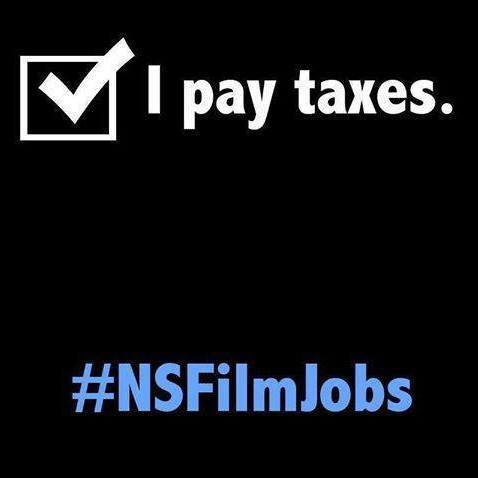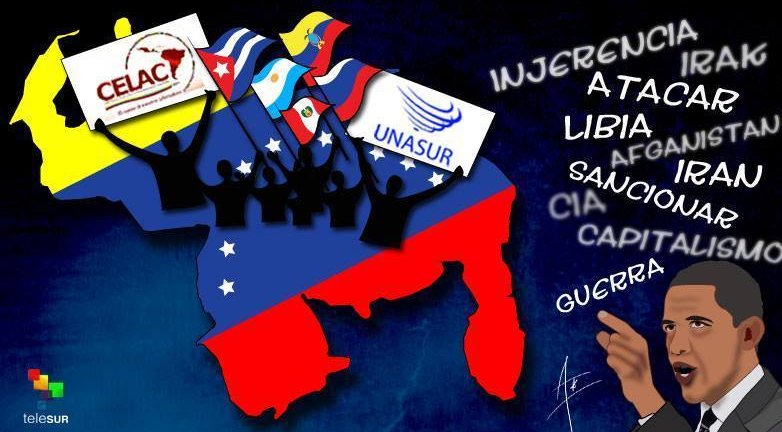Stephen McNeil and the Liberal Party have introduced a draconian austerity budget for Nova Scotia. With major cuts, freezes, and changes to existing social programmes, this austerity agenda is doomed to fail and result in major pain for the working class in our province. It is a rehashing of the infamous John Savage years, when the Liberal government of the 1990s undertook a drastic campaign of gutting social spending and attacking public sector wages.
Austerity continues to be the ruling class solution to the Great Recession of 2008. Instead of reining in the big banks and corporations, the ruling class seeks to blame working people for this economic crisis. It was finance capital, not nurses, teachers and bus drivers who crashed the economy. We didn’t cause this crisis, and we won’t pay for it.
- Health Care – The Liberals have basically frozen health care spending for the next year. This will result in increased wait times and the nursing shortage will likely get worse. Wait lists for long-term care and home care will also continue to grow. On home care, the Liberals are moving forward with plans to privatize, allowing multinational corporations to make money off caring for our seniors. At the other end, the Liberals are reducing funding for the Children’s Oral Health Programme, which was suppose to provide kids under the age of 16 with basic dental care, but will now be restricted to 14 years of age.
- Post-Secondary Education – The Liberals have totally deregulated tuition fees for one year in what they are calling a ‘market readjustment’. What this means is that tuition will rise dramatically at all of our public universities and colleges, both undergrad and graduate studies. There is no cap on the level of increase this year. In addition, the Liberals removed the cap on increases permanently for out-of-province students, reducing the likelihood of young people coming to Nova Scotia for school.
- P-12 Education – One potential positive in the budget is an additional $20 million for P-12 Education. However, on top of the fact that the Liberals had promised during the election campaign to restore $65 million in cuts by the previous government, much of the new money is earmarked for dubious corporate-influenced education “reform” initiatives, instead of dealing with critical class size and composition issues.
- Child Care – There is nothing in the budget to address early childhood education and child care. While other provinces have created universal pre-primary programmes or invested in regulated child care spaces, Nova Scotia’s Liberals have sat on their hands while kids go without the support and care they need.
- Social Assistance and Housing – Social Assistance rates have been frozen in the budget. People living on social assistance are already well below the poverty line and this freeze will impact some of the most marginalized people in our communities. Overall there is a cut in the funding for the Department of Community Services. The previous government had said they would invest $500 million over ten years in affordable housing. The Liberals promised to honour this commitment but there is no new investment in affordable housing in the budget.
- Corporate Welfare – While funding for social programmes has been cut, slashed and frozen, the Liberals continue to provide for their business friends with millions in new spending for corporate welfare. The Liberals have eliminated the Department of Economic and Rural Development. All staff were told they would be immediately laid off. Part of the funding for the Department is being given over to Nova Scotia Business Inc to dole out in corporate welfare. Other parts of the funding are going toward a new Department of Business. The Liberals have eliminated any and all focus on rural development and will provide much less support for rural Nova Scotia.
- The Environment – This budget is characterized by undermining action on one of the most pressing crises of our time, with $600,000 cut from sustainable transportation, and cuts to the department of energy, environment, and natural resources.
- Civil Services and Public Sector – The Liberal budget lays off 320 civil servants around the province, on top of cuts already made to child welfare, tourism and income assistance offices. They have also frozen wages and salaries for all non-union employees at the provincial government. This is setting the stage for a series of major labour negotiations. Teachers, the Civil Service, and Health Care workers will be at the bargaining table over the next year. The Liberals have made it clear that they intend to blame Nova Scotia’s economic problems on public sector workers. Public sector workers will not accept wage freezes while inflation continues to rise, likely leading to job action in the coming year.
- Film Tax Credit – The Liberals have slashed the Film Tax Credit to less than 25% of its previous value. This will be devastating to Nova Scotia’s vibrant film industry. Already, several film companies have said they will be pulling out of Nova Scotia. It has taken 20 years to build up Nova Scotia’s film industry, creating good jobs for artists in many disciplines, but it took only one day to bring the industry to standstill.
There are alternatives to austerity capitalism. Life doesn’t have to be like this. Through of a mix of public ownership, workers cooperatives, and non-profit enterprise, we can build a sustainable economy and keep more of our wealth here in Nova Scotia, instead of sending it to corporate shareholders in Toronto and New York. The Canadian Centre for Policy Alternatives – Nova Scotia Office has also published progressive budgets for the past 15 years. These budgets demonstrate that we can afford to invest in health care, education and eliminating poverty.
We need a government willing to break with austerity capitalism and begin building a real future in Nova Scotia. If you are interested in building alternatives to capitalism, contact Solidarity Halifax and get involved in the struggle for justice. Another world is possible.



